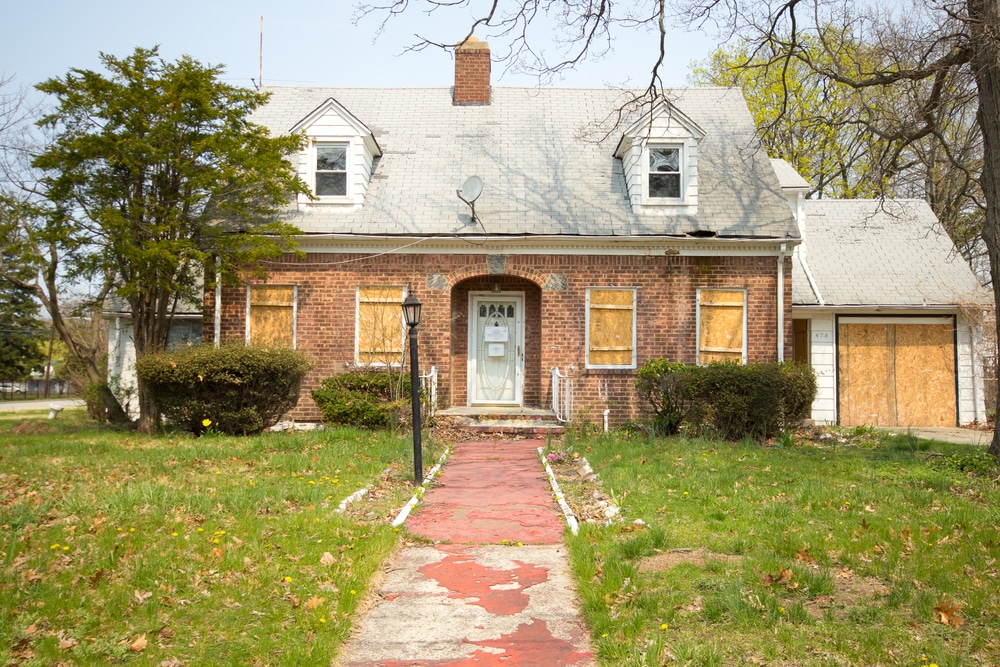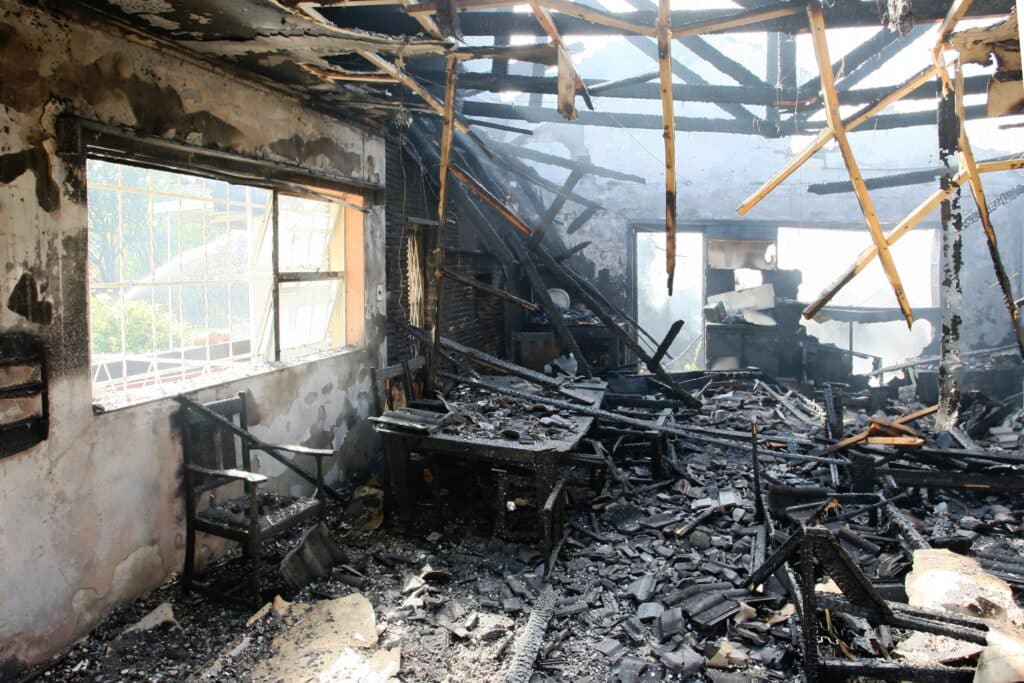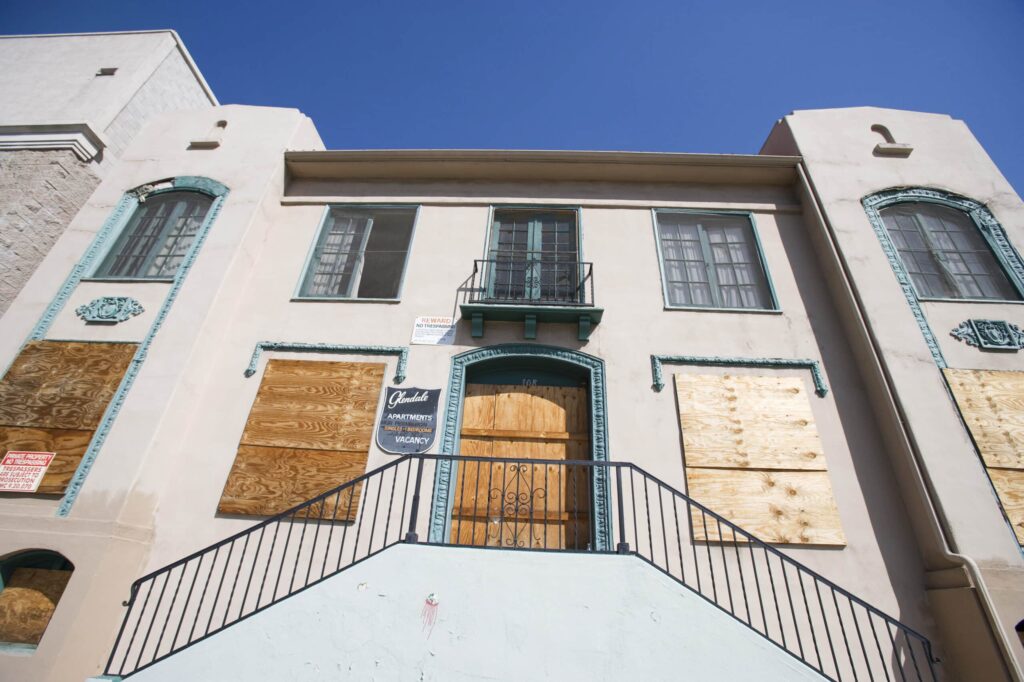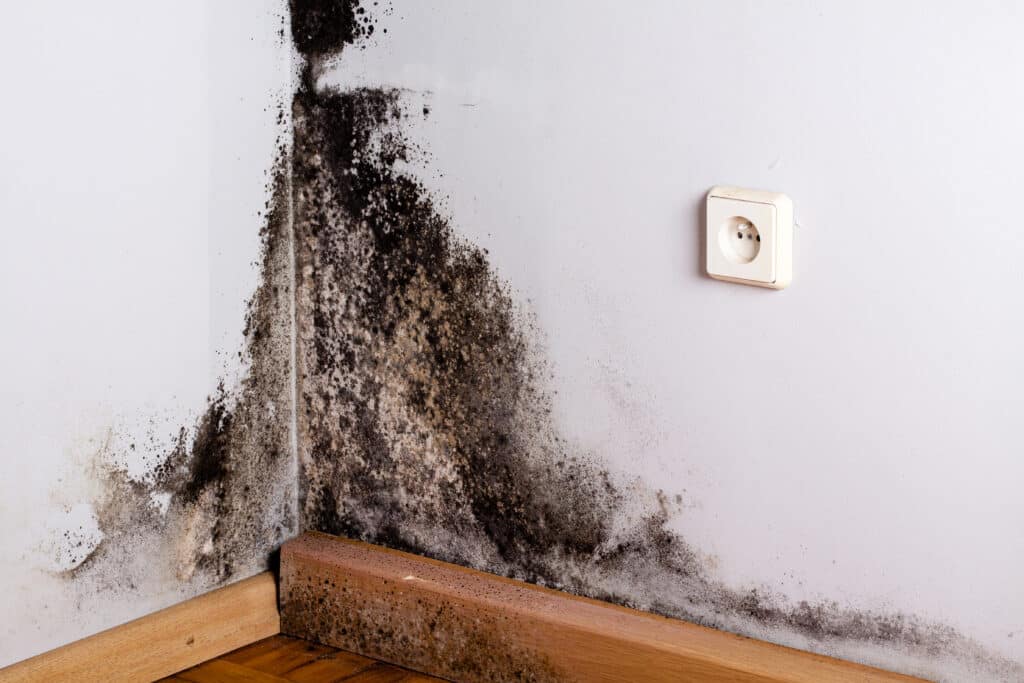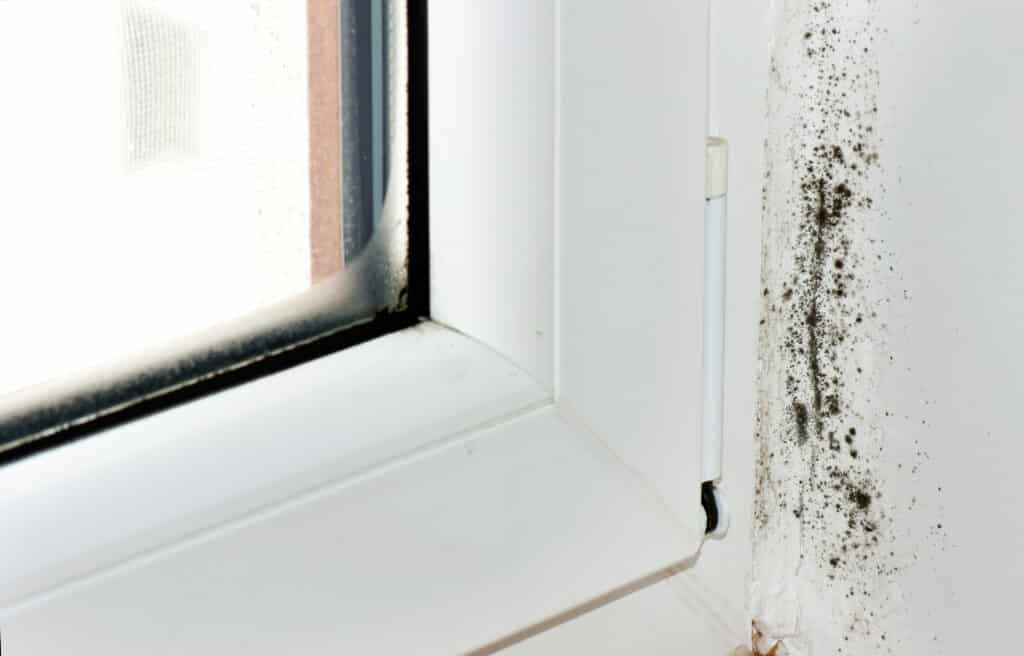
While having a vacation property during the peak season is incredibly beneficial, it can be a bit burdensome as the season comes to an end. There are many steps you may need to take to ensure your space is prepared to be left vacant for several months. The list of things to do to prepare your vacation home for the off-season seems never-ending.
Whether you are winterizing your home or you’re going to be away for the summer, it is important that you prepare your vacation home for the off-season. At Liberty Restoration, our team understands just how important is it to care for your home properly before leaving. Without proper preparation, you may return to a home disaster that could have been completely avoidable.
If you are trying to prepare your vacation home for the off-season, keep reading to see what our team recommends doing before you leave.
How to Prepare Your Vacation Home for the Off-Season
1. Remove Old Food
Whether you are packing up the food you didn’t eat or throwing out the expired stuff sitting in the back of your cabinet, it is important that you remember to remove old food as you prepare your vacation home for the off-season. Leaving old food in your home can result in several different problems. First, this food may expire, leaving a pungent odor in the space that is difficult to remove.
Second, leaving food out on the counter or in easy-to-reach cabinets may result in a pest infestation. If you want to avoid coming back to your vacation home only to find that it is smelly and full of ants, mice, rats, and other pests, it is best to address this food before you leave. While you may want to leave some baking soda in the fridge to absorb any lingering odors, the rest of the space should be empty.

2. Turn Off Your Water
As you prepare your vacation home for the off-season, it is important that you remember to turn off the water at all of its intake points. Water enters your home at various points, including lines leading to your furnace or air conditioner, washing machine, and dishwasher. Make sure these are all closed to prevent more water from being pulled in while you’re away.
If you don’t turn off your water, you may be in for a terrible surprise when you return. These unattended devices may experience a leak while you’re gone, leading to substantial water damage to your home. In the winter, these water lines may even freeze, leading to burst pipes. If you want to protect your space from unexpected water damage, stop it in its tracks by turning the water off ahead of time.
3. Unplug Unnecessary Electronic Devices
While you might not realize it, your electronic devices can pose a significant risk to your vacation property if they are left plugged in all off-season. If your electronics are plugged into an outlet that overheats, you may experience an electrical fire. In just a few short seconds, this can go from a tiny spark to an irreparable disaster.
To prepare your vacation home for the off-season, make sure to unplug any unnecessary electronic devices from their outlets. Televisions, computers, and non-essential smart home devices should be unplugged before you leave. By unplugging these devices, you can protect your home from otherwise avoidable fire damage.
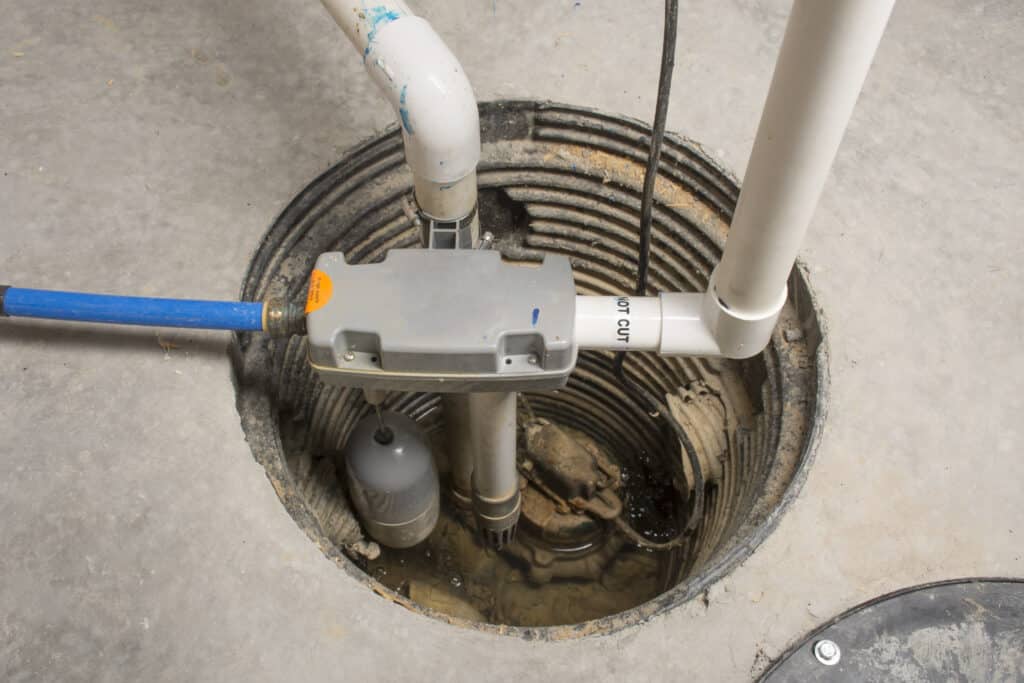
4. Check Your Sump Pump
Before you leave your home for the season, double-check that your sump pump is working properly. Your sump pump is responsible for moving water from your basement and away from your home. If this device isn’t working, you may find water pooling in the lowest portions of your vacation home. With this flooding, you may experience water damage and mold growth.
As your vacation home sits vacant, mold will continue to grow, spreading into portions of your home that hadn’t previously been affected by the flooding. To prepare your vacation home for the off-season and avoid the spread of mold, it is best to ensure this device is working properly before you pack up and head home.
5. Check Window Caulking
If you want to ensure your home is as energy-efficient in the off-season as possible, you should double-check your window caulking before you leave. Properly sealed windows can protect your space from cold or warm air infiltration. Inadequate window caulking may result in cool or warm air leakage, which can result in a sky-high energy bill every month.
This high energy bill can make it difficult to justify keeping your vacation home, as it becomes too costly to keep when you’re away. Before you pack up for the end of the season, double-check that there is no loose caulking around your window and make any necessary repairs to keep your property sealed all off-season long.

Repair Damage to Your Vacation Home with Liberty Restoration
No matter how much you try to prepare your vacation home for the off-season, some damage is simply unavoidable. Whether you’ve experienced a wildfire, flood, or break-in, our team at Liberty Restoration is here and ready to help. With years of experience helping homeowners across Utah recover from a variety of damage, our team is confident that we can do the same for you.
From mold remediation to board-up services, asbestos abatement, and more, our team provides a variety of services to help you recover from whatever disaster you’ve experienced. If you have recently dealt with a home disaster and want to speak to a member of our team about our restoration services, don’t hesitate to reach out to us today for support.

